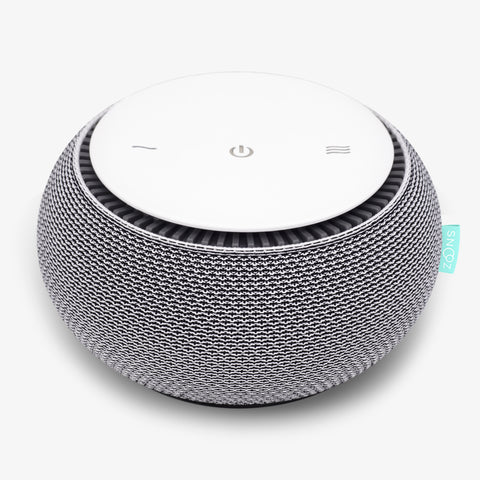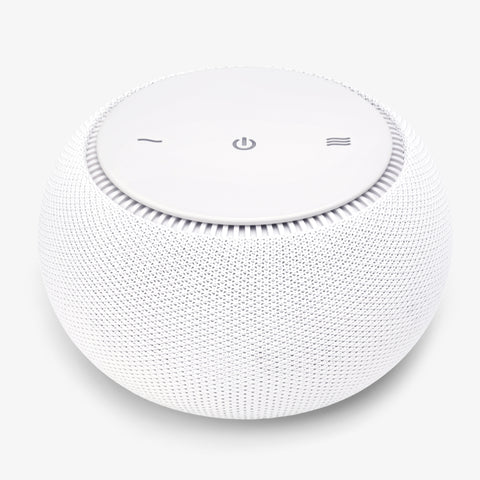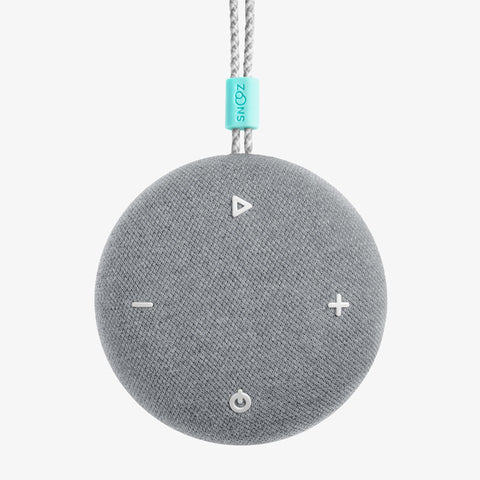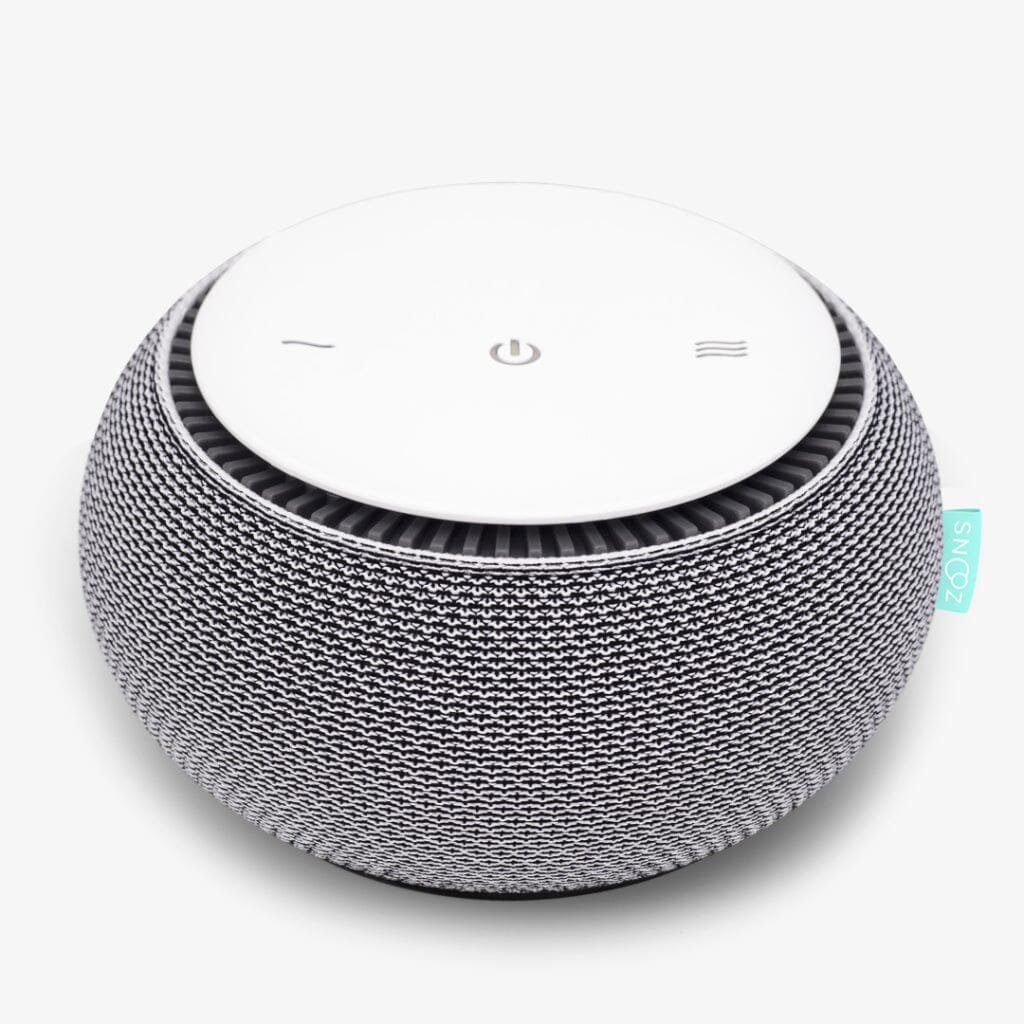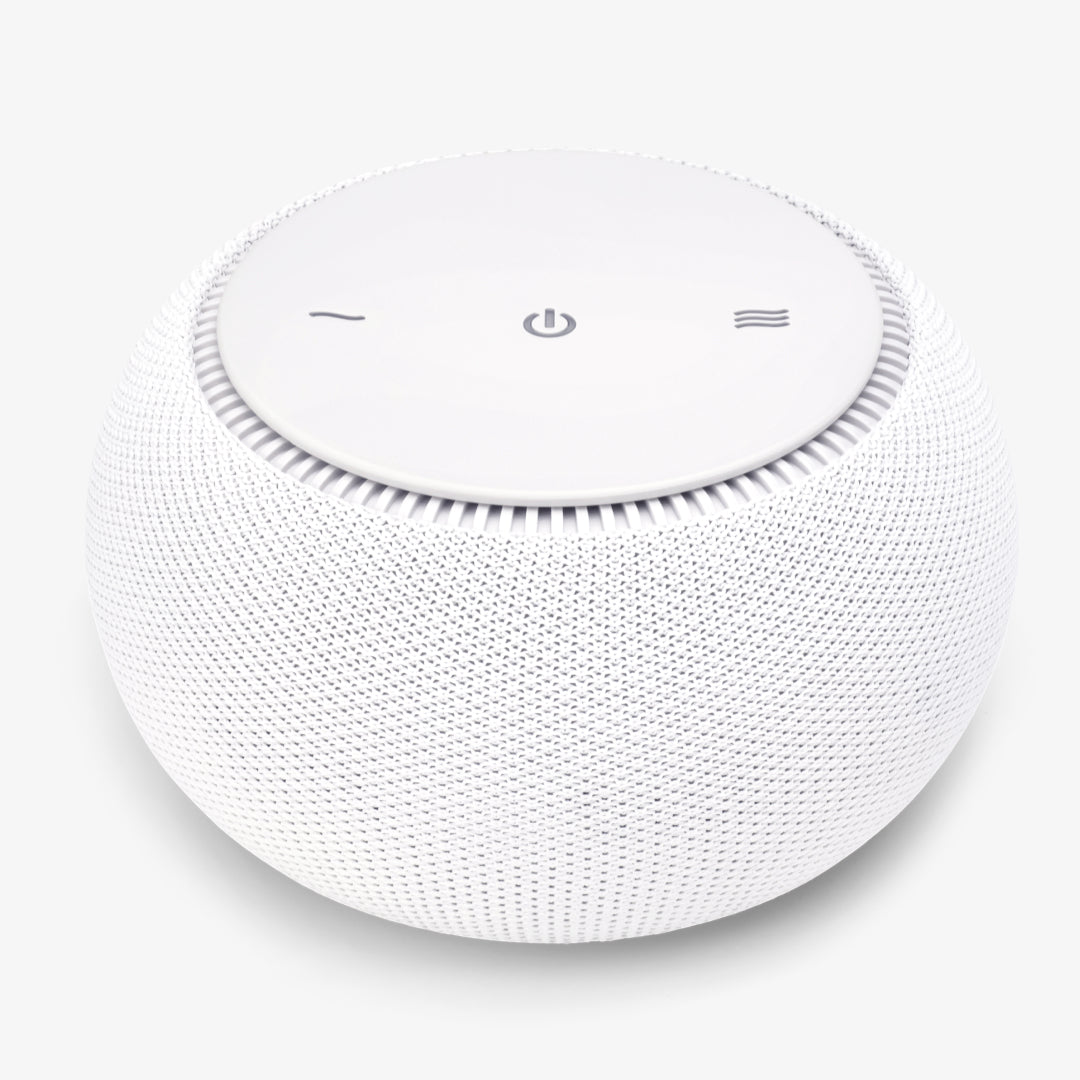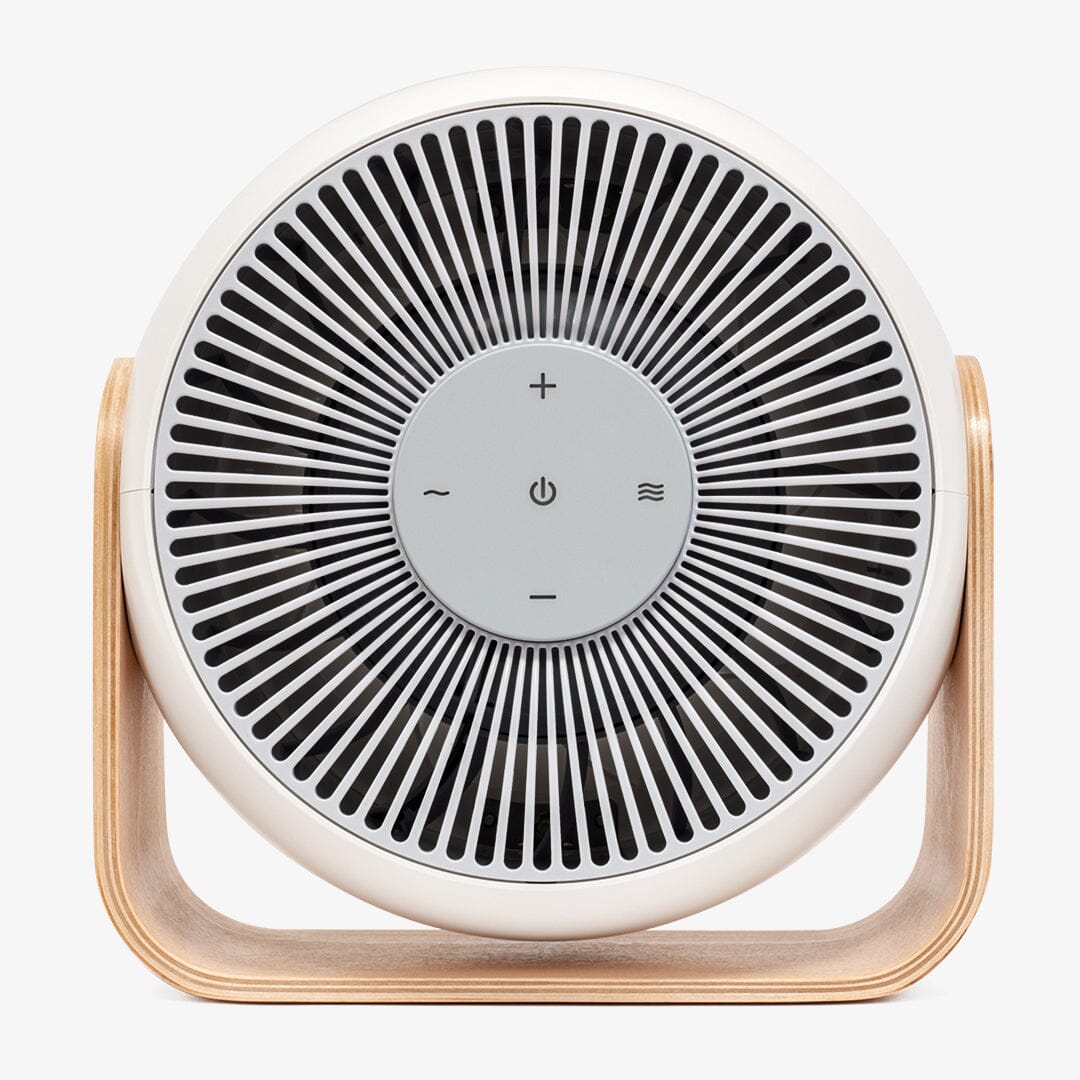Getting quality sleep is essential for mental clarity, physical health, and overall well-being. If you've been struggling with restlessness, these seven research-backed sleep hacks can help you get the restorative sleep you need.
1. Keep Your Room Cool
Your body’s temperature naturally drops as you prepare for sleep, signaling your brain that it's time to wind down. Maintaining a cooler bedroom—around 65°F (18°C)—helps facilitate this natural process. Using a fan, air conditioning, or moisture-wicking bedding can help keep the temperature optimal for sleep, promoting deeper, uninterrupted sleep.
2. Use Aromatherapy
Incorporating essential oils into your bedtime routine is a simple yet effective way to promote relaxation. Lavender oil is a popular choice, known for its ability to reduce anxiety and enhance sleep quality. Chamomile and ylang-ylang are also highly effective, lowering blood pressure and calming the heart rate. Diffusing these oils in the air or applying them to your pillow can help ease the transition into sleep.
3. Try the Military Sleep Method
The military sleep technique is a mental and physical relaxation method designed to help you fall asleep in under two minutes. Start by consciously relaxing your face, neck, and shoulders, then work your way down through your body, releasing tension in each muscle group. Once your body is relaxed, imagine a peaceful scene, such as floating on a calm lake or lying in a field of flowers. This method can be incredibly effective for anyone with an overactive mind at bedtime.
4. Wear Socks to Bed
It may sound counterintuitive, but wearing socks to bed can significantly improve your sleep quality. Warming your feet causes the blood vessels to dilate, signaling to your body that it's time to cool down. This triggers a faster drop in core body temperature, which is essential for initiating sleep. So, slipping on a cozy pair of socks might be a simple yet powerful addition to your nightly routine.
5. Practice Breathing Exercises
When you're stressed or anxious, it’s hard to switch off your brain for sleep. Deep breathing techniques, such as the 4-7-8 method, are designed to help you calm your nervous system. Breathe in for four counts, hold your breath for seven, and exhale slowly for eight. This breathing pattern mimics the body's natural relaxation response, reducing heart rate and promoting a sense of calm.
6. Use White Noise
White noise can be a powerful ally in your quest for better sleep. The consistent sound can mask disruptive noises, creating a more serene environment conducive to rest. Many people find that white noise helps them fall asleep faster and stay asleep longer, particularly in noisy urban settings or homes with lots of background sounds. Using a white noise machine can create the sound that suits you best, triggering relaxation and easing the transition into sleep.
7. Create a Sleep-Inducing Environment
Your sleep environment has a massive impact on the quality of your rest. Keep your bedroom clean, clutter-free, and distraction-free to create a space that encourages relaxation. Decluttering can reduce stress and help your brain associate your bedroom with rest. Investing in soft, warm lighting or blackout curtains can make a big difference, as they reduce light exposure that could delay melatonin production and disrupt your sleep cycle.
By incorporating these sleep hacks into your nightly routine, you can improve both the quantity and quality of your sleep, helping you feel more refreshed and energized during the day.

